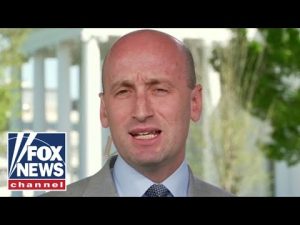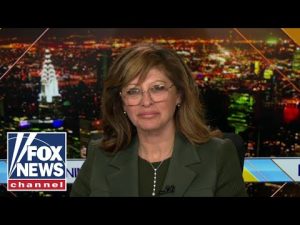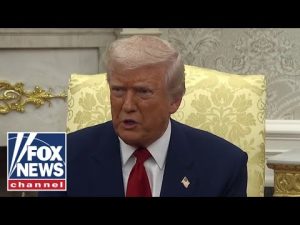For over six decades, the assassination of President John F. Kennedy has remained a heavy cloud over American history, sparking countless theories and questions. Recently, in an effort to shed light on this dark moment, President Trump made a bold move by releasing more than 80,000 pages of documents related to the investigation. However, what was intended to be a moment of transparency has instead caused unexpected turmoil, as some sensitive information was released, leaving a former U.S. Attorney feeling less than pleased.
The fallout from the document release hit close to home for one prominent figure in the investigation, Joe diGenova, who served on the Church Committee back in 1976. While the release was meant to satisfy the public’s thirst for knowledge, it instead spotlighted diGenova’s personal information, including his date of birth, place of birth, and surprisingly, his Social Security number. This blunder raised eyebrows, not only because it revealed private data with no relevance to the assassination investigation, but also because it opened the door to potential identity theft, leaving diGenova fuming.
DiGenova expressed disbelief at the National Archives’ failure to properly redact sensitive information, describing it as “utter incompetence.” This lapse in judgment was not just a minor oversight but a clear violation of the Privacy Act, leading to accusations of unprofessional behavior from those responsible. Instead of feeling relieved that new documents might finally unwind the tangled web of questions surrounding JFK’s assassination, diGenova found himself in a precarious situation, fuming over the mishandling of his personal data.
As if the release of his details wasn’t enough, the administration went a step further by suggesting that anyone affected could simply be issued a new Social Security number. DiGenova aptly pointed out the absurdity of this solution, highlighting that the process of changing one’s Social Security number is anything but simple. It’s a lengthy ordeal that requires rebuilding one’s entire financial and personal life, which is a daunting task for someone in his position—especially when the problem could have easily been avoided in the first place.
With frustration bubbling over, diGenova has announced plans to take legal action against those responsible for this blunder. His harsh critique points to a belief that this chaos may have also had a political motive; perhaps it was intended to paint President Trump in an unfavorable light rather than protect individuals involved. Amidst an already complicated history, diGenova remains unyielding, determined to hold the delinquent parties accountable while navigating the ongoing mystery of JFK’s assassination, a puzzle that continues to perplex and intrigue the nation.







